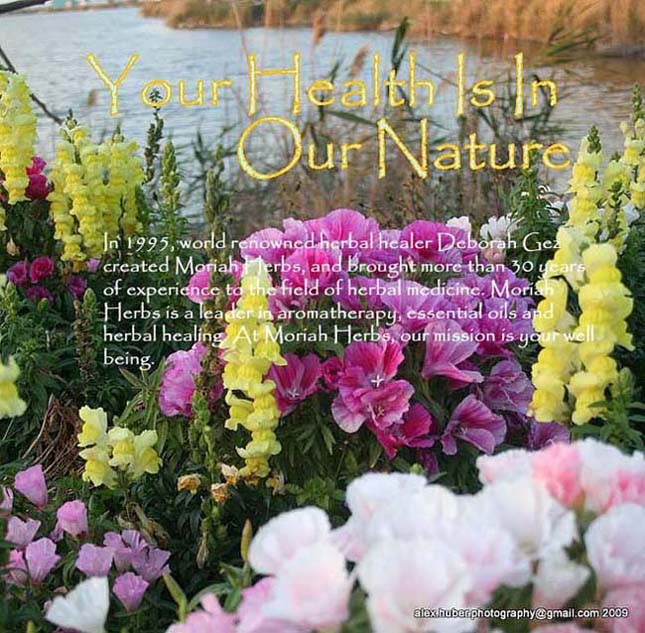
Most people think of one type of product when they think of essential oils. But the term “essential oil” is actually a blanket term used to describe essentials, absolutes, CO2s, and hydrosols. While not technically oils, hydrosols are commonly used in aromatherapy and are effective. One thing that all of these products (except hydrosols) has in common is that they are volatile compounds. A volatile compound is a compound that will evaporate easily under normal conditions.
Essential oils are produced by distillation, most commonly steam distillation. Parts of plants such as lowers, stems, leaves, bark or roots are put through a distillation process that extracts the pure essence of that plant. Contrary to what the name implies, essential oils are generally not very oily feeling at all. They are usually quite light both in consistency and color, although some can be a darker shade of yellow or amber, depending on what they are made of.
Absolutes are very similar to essential oils, and in fact are used in the same ways with the same benefits, but the process of extracting the oil is different. Absolutes are extracted by a chemical solvent that is then removed in the final stages of production. Common absolutes are rose absolute and jasmine absolute. These types of flowers are very fragile and would be destroyed in the process if they were steam distilled.
CO2s are products that are extracted by pressurized Carbon Dioxide. The CO2 is pressurized until it becomes liquid and then it used as a solvent, similar to the process in creating absolutes. The difference is that at the end of the process, the CO2 is returned to normal pressure at which time it naturally evaporates, leaving no trace of the CO2 in the product. CO2s often have a scent that more closely resembles the plant from which they came and they are often a thicker consistency.
Hydrosols, while not essentials, are also used in aromatherapy. These are fragrance waters that remain after the steam distillation process. These products do not require dilution before being applied to the skin, as they are much gentler. Hydrosols can be added to bath water or used as a perfume spray on linens and clothing without fear of oil marks.
Essential oils are produced by distillation, most commonly steam distillation. Parts of plants such as lowers, stems, leaves, bark or roots are put through a distillation process that extracts the pure essence of that plant. Contrary to what the name implies, essential oils are generally not very oily feeling at all. They are usually quite light both in consistency and color, although some can be a darker shade of yellow or amber, depending on what they are made of.
Absolutes are very similar to essential oils, and in fact are used in the same ways with the same benefits, but the process of extracting the oil is different. Absolutes are extracted by a chemical solvent that is then removed in the final stages of production. Common absolutes are rose absolute and jasmine absolute. These types of flowers are very fragile and would be destroyed in the process if they were steam distilled.
CO2s are products that are extracted by pressurized Carbon Dioxide. The CO2 is pressurized until it becomes liquid and then it used as a solvent, similar to the process in creating absolutes. The difference is that at the end of the process, the CO2 is returned to normal pressure at which time it naturally evaporates, leaving no trace of the CO2 in the product. CO2s often have a scent that more closely resembles the plant from which they came and they are often a thicker consistency.
Hydrosols, while not essentials, are also used in aromatherapy. These are fragrance waters that remain after the steam distillation process. These products do not require dilution before being applied to the skin, as they are much gentler. Hydrosols can be added to bath water or used as a perfume spray on linens and clothing without fear of oil marks.
Check out http://www.moriahherbs.com/, it is your source for natural healing. At Moriah Herbs you are part of the vision, our mission is your well being.


No comments:
Post a Comment